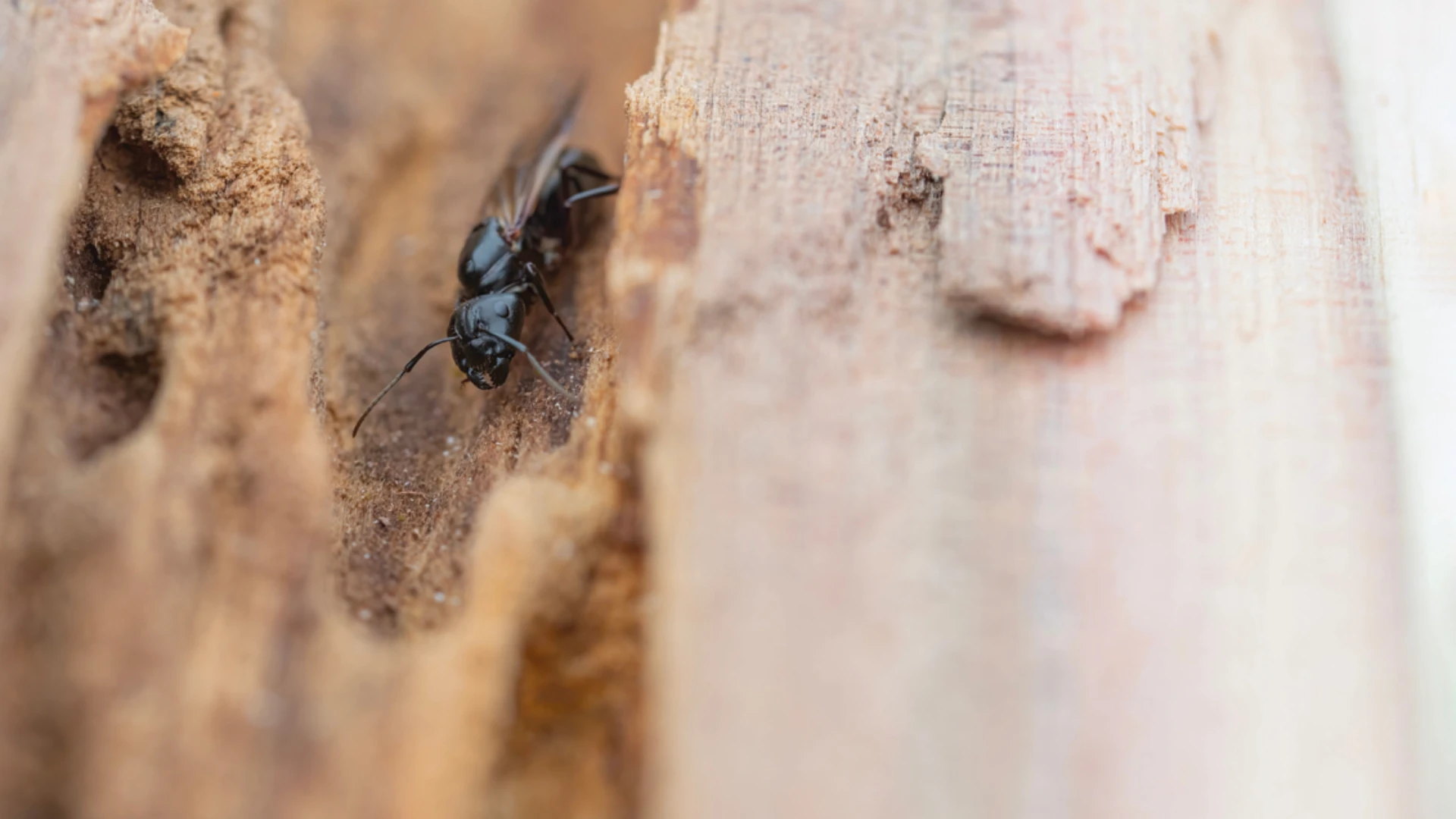
A yearlong assessment of New York City’s residential mouse population found that many of these rodents carry previously unseen viruses as well as bacteria capable of causing life-threatening human illness, CNN reported. Some of the bacteria were even antibiotic-resistant.
"Mouse droppings may contain harmful bacteria that are difficult to treat with common antibiotics," Dr. W. Ian Lipkin, senior author of the two papers resulting from the study and a professor of epidemiology at Columbia University's Mailman School of Public Health, told CNN. "Contaminated areas should be thoroughly cleaned, and contaminated food should be discarded."
Lipkin and his team collected 416 mice from residential buildings at seven sites in four of New York City's five boroughs (Staten Island was excluded). They discovered 36 separate viruses, including six new ones, and 149 distinct species of bacteria, including E. coli, Shigella and Salmonella.
Lipkin's research was published Tuesday in mBio, the journal of the American Society for Microbiology.
Click here to read more.
Source: CNN
Latest from Pest Control Technology
- Rose Pest Solutions Becomes Official Pest Provider of Chicago Fire FC
- WSPMA Hosts Legislative Day at Washington State Capitol
- A-1 Pest Control Marks 59 years in Business
- Hawaii PCO Shares Regulatory Challenges, Business Impacts from Lahaina Wildfires
- 5 Tips for Reducing Waste in the Office and in the Field
- OvoControl Now Available in Chile
- Envu Announces Savings Programs for Pest Management Professionals
- Follow the Trail





